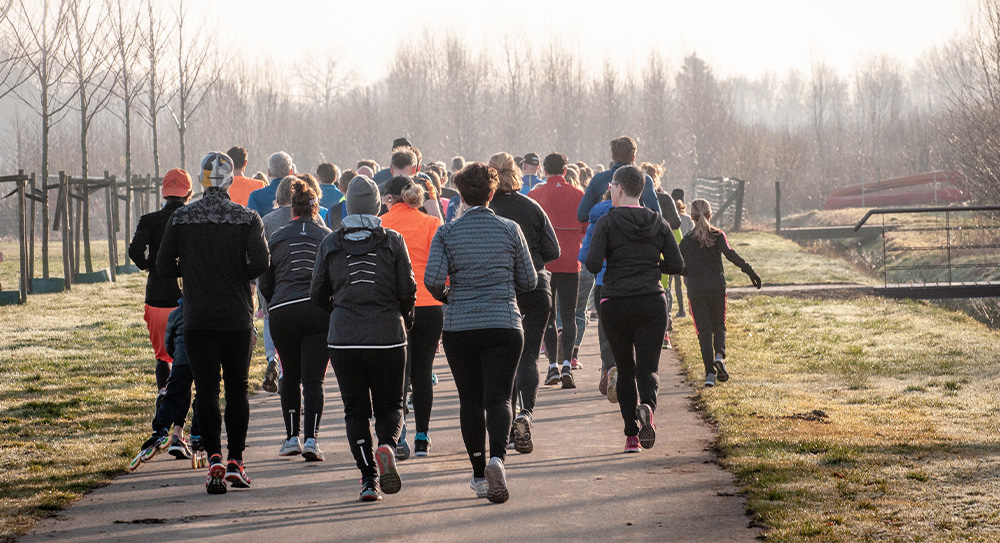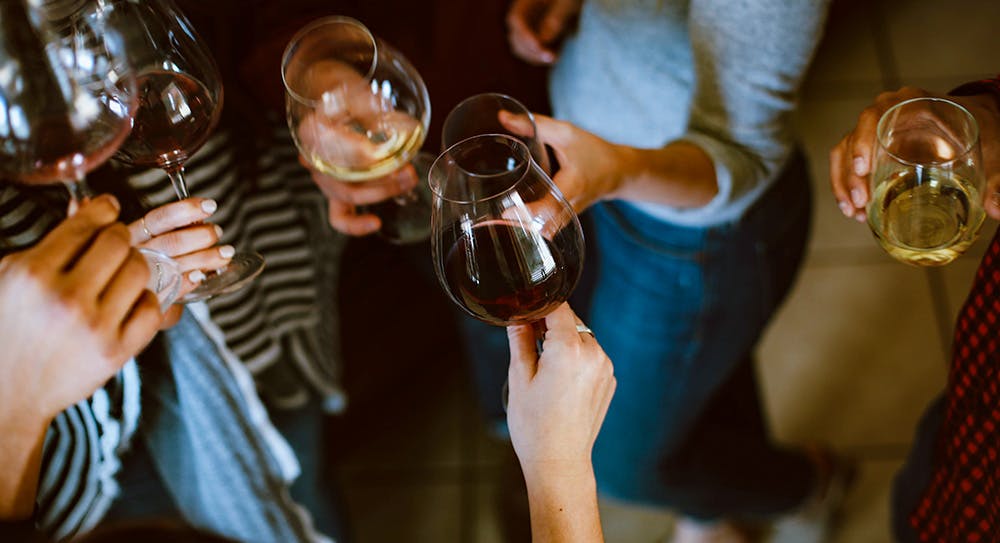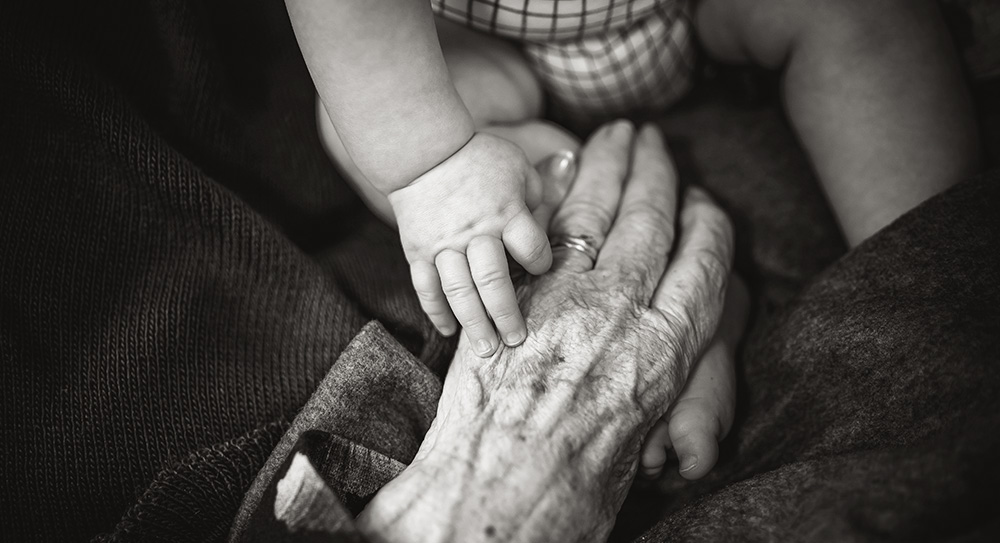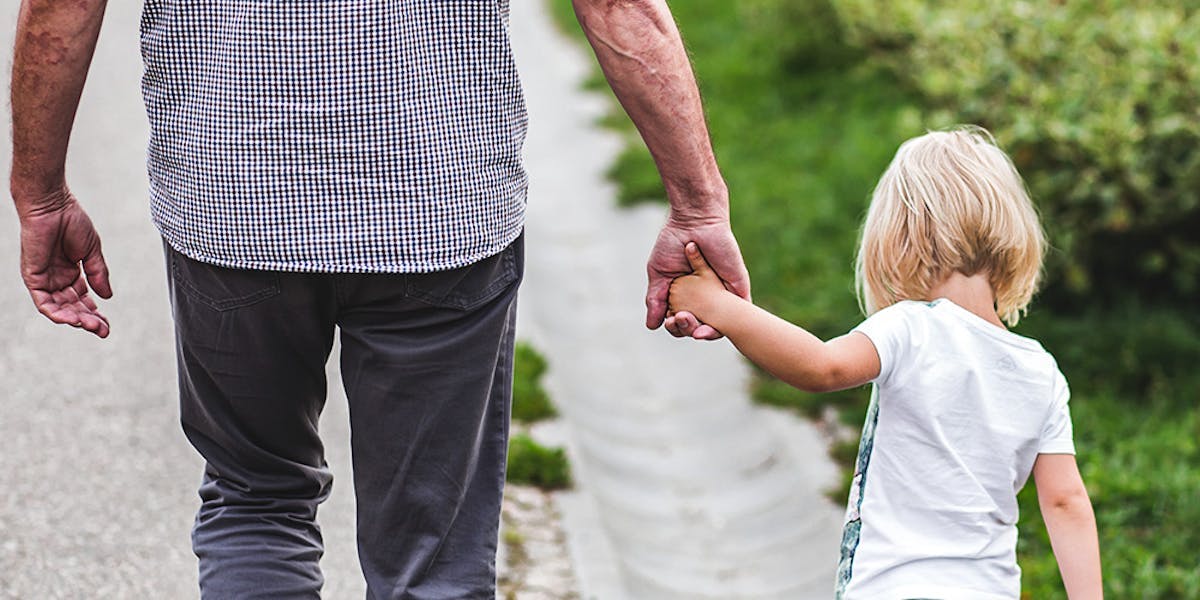Lifestyle
7 principles to help you live to 100
8min read
In 2017, the life expectancy for men and women in the UK was 79.2 years and 82.9 years respectively. However, the average “healthspan” — the age up to which people can expect to live healthily — for both men and women in the UK is around 63 years. It’s estimated that 21% of the population have a health span of just 30 years.
But it’s not all doom and gloom. There are pockets of people all around the world who live well into triple digits and, most importantly, live healthfully and happily. So where are these mystical places? And why do the people that live there live so long?
Self-proclaimed adventurer, Dan Buettner, and a team of researchers, discovered “Blue Zones”: places in the world that home a larger than average proportion of centenarians (those superheroes who live passed 100). The original five — Ikaria, Loma Linda, Sardinia, Okinawa and Nicoya — seem, at first glance, to be very different. After some digging, though, the team found some huge similarities between these communities.
How to live to 100 (maybe)
1. Move more
We don’t even need to tell you this one, but it is unanimously agreed that one of the best ways to live a long and healthy life is to move our bodies. This doesn’t necessarily mean hitting the gym 5 days a week. Actually, the best ways to keep active are things that can be built easily, and naturally, into one’s routine: walking, gardening, housework, stretching. In Ikaria, they call it “mindless movement” and, in all the Blue Zones, this movement is so much a part of people’s lives that they carry it through into their old age.

2. Plant slant
The one thing that the Blue Zones agree on is that a whole foods (and plant-based) diet, should take priority. In general, at least 32% of the calories in a standard Western diet come from animal products alone. The diets of the 5 countries in question contained significantly less than this — around 18%. Sardinians rely heavily on whole grains; the Californians eat nuts 5 times a week; almost 40% of the Ikarian diet is made up of vegetables; the base of the Okinawan diet is sweet potatoes, and all five rely heavily on beans.
In the UK, over half the meals we eat contain ultra-processed food. Government statistics from 2016/17 show that the average Brit ate 1.594kg of meat and consumed almost 3 litres of milk per week. The Blue Zone communities tend to eat meat just 5 times a month and the majority of their milk is produced by goats and sheep rather than cows.
3. Maintain a healthy weight
Those two things — exercising and eating a more plant-forward diet — both help toward number three: to avoid obesity and maintain a healthy BMI.
The Blue Zone communities are great examples of eating a naturally low-calorie diet, but they also live by certain rules, like eating larger lunches and lighter dinners, not eating at all after sunset, or stopping eating when 80% full. Traditionally, the Ikarians spend half the year “fasting” (for them, this means reducing their caloric intake by 30%), which is the only proven way to slow the ageing process in mammals.
Unhelpfully, the Western diet is completely skewed when it comes to portion sizes. According to a study by the British Heart Foundation, serving sizes have increased and larger portions continue to shape our understanding of what’s normal. Interestingly though, retraining our brains can really be as simple as using different crockery.
4. A glass of red wine a day
Yes, really. While a 20-a-day smoking habit or substance abuse are both things to be avoided for longevity (among other reasons...), a glass or two of red wine a day seems to be the opposite. Sardinians specifically enjoy a couple of glasses of Cannonau wine, thought to be particularly high in certain flavonoids, in the evening. Of the five Blue Zones, four communities drink moderately and those who do tend to outlive the non-drinkers. But fair warning: getting sloshed on a Saturday night does not have quite the same effect as a moderate glass a night.

5. Stress busters
Modern life is pretty pacy, in a way that much of human history hasn’t been; we are constantly bombarded from all directions and so much more “connected”. This can mean we live in an almost constant state of anxiety, so finding ways to unwind is increasingly important. Exercise is absolutely one way to counteract stress but there are other ways that the different Blue Zone cities also swear by. Also on the agenda are naps, meditation and dedicated downtime — where time is taken to put down the normal, day-to-day routines, and the focus is simply on faith, family, friends and nature. While it can be hard to make the time to stop, the effects of stress on lifespan are well-documented: work-related stress can make a 10-38% difference to the amount of time someone lives.
6. Community & friendship
Perhaps the most important component in the recipe for longevity (not to mention happiness) is connection. Humans are social animals and we thrive when we are part of meaningful communities. This is something that all the Blue Zone communities have in common. For the Californians, it’s faith-based. In Okinawa, the communities form small groups called moais. The Sardinians and Nicoyans maintain a respect for the older generations too, including them purposefully in the daily life of the community. Interestingly, this is thought to have an impact on the children and the overall life expectancy of the population as a whole. The takeaway: whoever your tribe is — whether it’s friends or family — maintaining even a few meaningful connections is a great way to live longer and increase the quality of your life.

7. Purpose
Finally, a sense of purpose is what sets those who live longer apart. That purpose could be anything — from raising a family, volunteering for a meaningful cause or even continuing to work gently in some positive capacity into old age — but having it is the important part.
Humans of all ages like to feel needed and know they are contributing to a greater good. Social purpose (spending time with loved ones, or volunteering) has been found to have a much more profound impact on our health than individual purpose (quitting smoking or embarking on a new career). It gives life a level of consciousness that it otherwise lacks, and leads to clear goals, plans and daily actions. Purpose, and the sense of routine that goes with it are also great for tackling mental health issues like depression.
In conclusion
The reality is, that life in the Blue Zones is very different from the ones we tend to lead in the UK (not just because we don’t have year-round sunshine). But we can, and should, take valuable lessons from their lifestyles. It appears that a healthy blend of the above 7 points will improve our quality of life, and just might give us a few more years.
Looking after our health — social, mental and physical — is super important. The takeaway from the Blue Zones is all about moderation: fun is very much a part of life, and naturally incorporating things like regular exercise and plant-based foods shared with friends, is the way forward.
To find out an estimate of your life expectancy (and healthspan) click here and, if you want to try eating more plants but are too busy with your tribe and drinking a glass of wine a day, let us do the cooking.
By Munjeeta Sohal
MJ is a freelance writer, avid reader and habitual ruminator (and user of fancy words). She couldn’t live without books and her cats. On her days off, you can find her cycling up and down the Lea Valley, searching for a great vegan recipe to cook, or, well, reading her book with her cats.
Let us take care of dinner
We help to make eating more plants easy and delicious. Fancy letting us take care of dinner? Check out our delicious meals here.
Shop now
